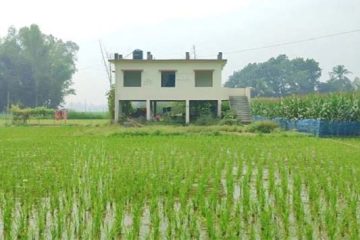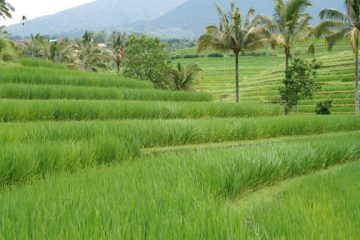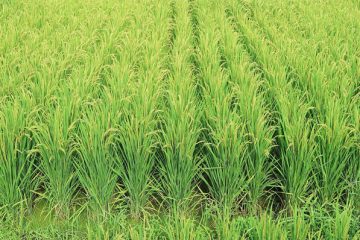BSS, Saint Martins
The hotels and restaurants that sprang up in the recent past on Saint Martin’s Island , one of the ecologically critical areas (ECA) in the country, have been operating without any official approval.
According to the law, building of any structure and carrying out any activity that might pollute the environment or harm the flora and fauna in an ECA are strictly prohibited.
However, the unauthorised structures mushroomed on St Martin’s over the years with different government agencies turning a blind eye to the violation. Nearly 100 privately owned hotels and restaurants are currently doing business on St Martin’s – a 3.34-square- kilometre island with only 7,000 inhabitants. Most of these businesses opened up in last twelve years.
On September 29, 2007, the director of Department of Environment (DoE), Chitta-gong Division, in a letter said, the DoE had never given approval to any hotel or restaurant to operate on the island.
Considering its rich natural biodiversity, the government in a gazette notification declared Saint Martin’s an ecologically critical area on April 19, 1999.
Extraction of coral, seashell and conch, felling of trees and building structures were declared restricted in the gazette.
Commenting on the unauthorised structures on St Martin’s, Director of Bangla-desh Environmental Lawyers’ Association (Bela), Syeda Rizwana Hasan said, according to the gazette issued by the government, construction of any hotel or restaurant within the ECA is prohibited.
It’s a violation of Sections 5 and 12 of Environment Protection Act. Violators could be punished with a maximum of ten years imprisonment and additional Taka 10 lakh in fine, she added.
Thousands of tourists are thronging St Martin’s Island every year for its crystal clear blue seawaters, corals, shells, conch and giant crabs.
According to Saint Martin’s Hotel Owners’ Association sources, not less than 1,20,000 people visited the island last year.
The objective of the government-sponsored eco-tourism project was to ensure an undisturbed habitat for the flora and fauna of the island.
“Sea turtles, one of the major indicators of the health of sea, are not getting the suitable environment for laying eggs. Besides, the number of mother turtles is decreasing every year. It will be harmful for our sea as the turtles help keep the sea environment clean,” said an official of Ministry of Environ-ment and Forest.
FEJB vice-chairman Badiul Alam echoed the same concern and called for strictly enforcing existing laws and regulations to conserve the very fragile and unique bio-diversity of the island. According to a government report, most of the residential houses and all but ten hotels and restaurants on the island do not use ring-slab toilets. Raw sewage and other wastes are discharged in the open environment instead.
In a survey conducted by Village Education Resource Center (Verc), a non-government organisation, the presence of coliform bacteria, a serious contaminant found in food or drinking water, was detected in the groundwater of St Martin’s. The presence of the bacteria was detected to be ten times higher than Bangladesh standard.
The same report prepared by the government listed a number of hotels doing business on the island including Hotel Obokash, Seemana Periye, Samudra Bilash (non-commercial, established by novelist Humayun Ahmed), Pacific Resort, Coral Reef, Ocean View, Srabani Bilash, Swapno Probal, Hotel Shaibal-1, Saibal-2, Bay of Bengal Guesthouse, Holiday Home, Blue Marine Resort, Prasad Paradise, Prince Heaven, Riyad Guest, Sea Heart, Island Resort and Neel Doriya.
Restaurants listed in the report are Keyari Marzan, Saint Martin’s Tourism Park, Sea Scent Comilla, Sonar Tori, Shaheena, Hotel Al Amin, The Royal Restora, Hazi Salam Tourist Park , Allah’r Daan and Marine Drop. The first commercial business on the island was founded in 1995.
When asked if the business owners on the island are required to get any government approval or follow any guideline, president of Saint Martin’s Hotel Owners’ Association Shiblul Azam Koreshi said, “Nobody told us about any approval or provided any guideline for building structures in an ECA.”
Courtesy: thebangladeshtoday.com






